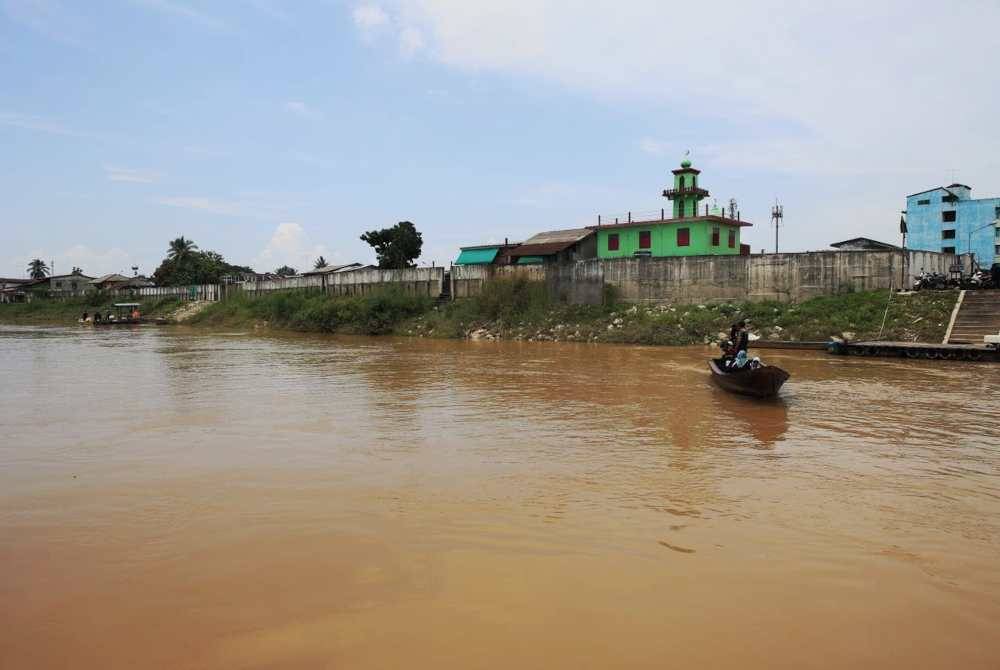Sungai Golok famous 'port' for smuggling
Sungai Golok spanning about 40 metres, also played a significant role as a source of livelihood for the residents along the border.

RANTAU PANJANG - Sungai Golok, which serves as the border between Malaysia and Thailand in Kelantan, stretching from Jeli to Pengkalan Kubor, Tumpat, is well-known as a prominent smuggling route.
Behind this illicit activity, the Sungai Golok spanning about 40 metres, actually played a significant role as a source of livelihood for the residents along the border.
Smuggling activities contributed significantly to the income of the border residents and have become ingrained in their way of life.
This was because the majority of the people here were exposed to this line of work from as early as the age of 10, so it was not surprising that it has become a source of income to support their families and ensure their survival.
By simply transporting smuggled goods from an illegal base to a designated destination specified by the boss, those involved would receive cash payment as soon as the job was successfully completed.
The wage rates, ranging from thousands of ringgit for each job, made some border residents willing to take the risk, turning this activity into their primary source of income to sustain a living and for their families.
It is understood that some smugglers can earn between RM2,000 to RM5,000 per month.
Revealing the matter, a man who only wanted to be known as Ju, 48, said that smuggling activities offerred a lucrative income and the tasks were relatively easy.
He said he only needed to follow the instructions given by the boss to pick up and deliver subsidised goods to the illegal base before being taken to Thailand.
"I usually bring out (smuggle) subsidised cooking oil, fuel such as diesel and petrol as well as wheat flour because there was high demand from consumers in the neighboring country.
"Goods from Thailand such as jerseys, clothes, jeans, scarves, snacks and blankets are among the items smuggled into Malaysia.
"For drugs and firearms, we don't deal with them because it's not worth the risk of being caught. Usually, that work is done by syndicates; we only smuggle to make a living," he added.
Meanwhile, for Seng, 35, he said the handsome payment for transporting undocumented immigrants did not tempt him to engage in such work.
He added that he was not willing to do so after considering the punishment he would face if he was caught by the authorities.
"When I think about my family, I decided not to get involved and choose to only transport subsidised goods and contraband from Thailand," he said.











